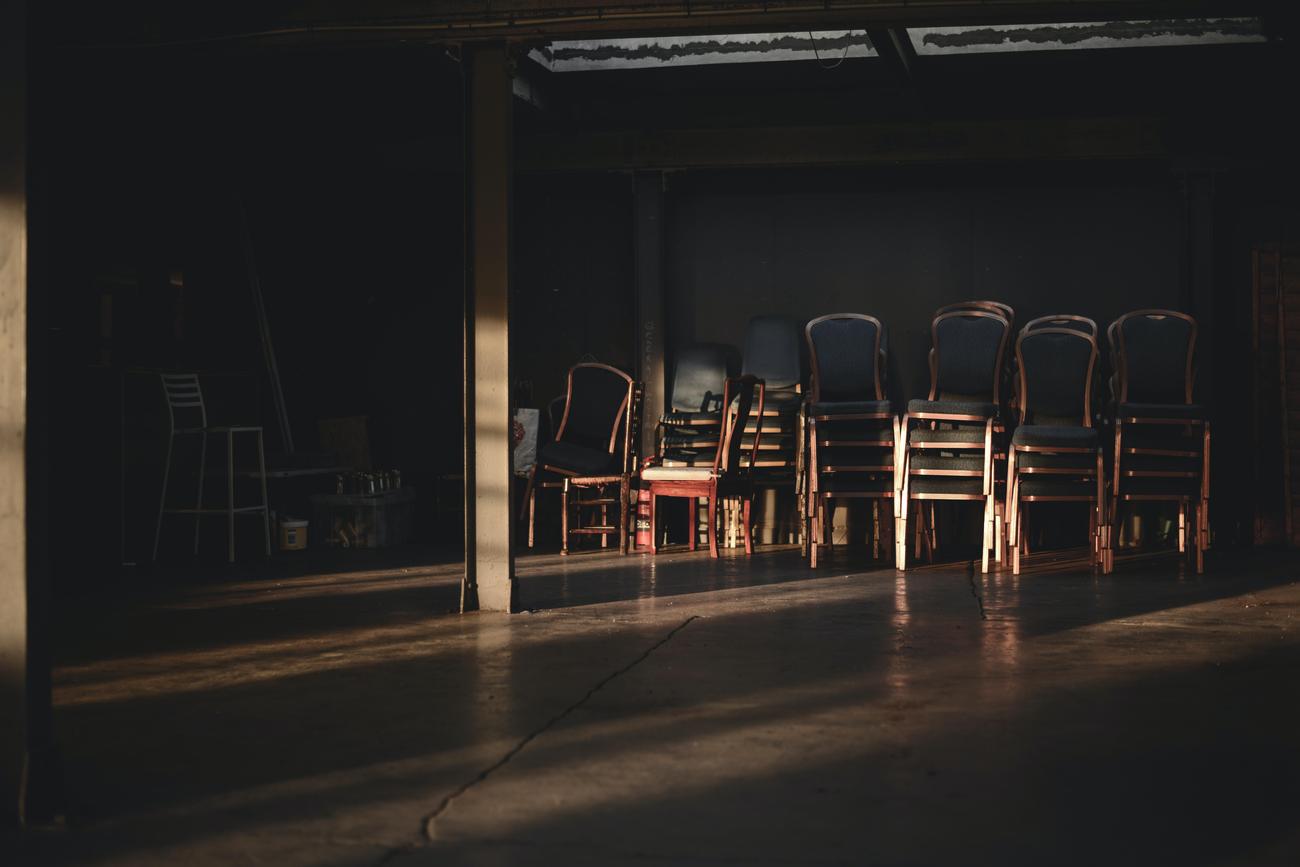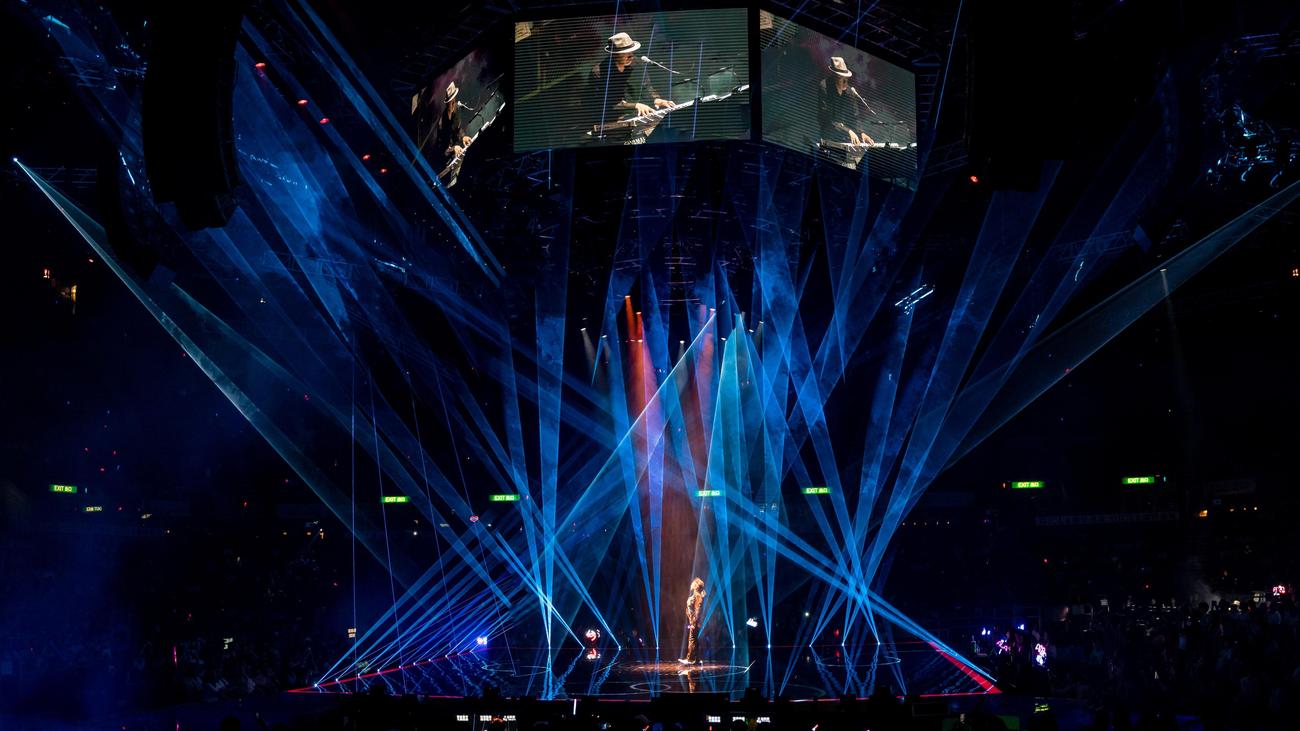Step into the captivating world of theater as we unveil the industry’s most enthralling facts. From the grand stages to the intimate black-box theaters, the theater industry has a rich history that is as vast and diverse as the performances that grace its halls. As a seasoned theater enthusiast and journalist, I invite you to join me on a journey that will uncover the hidden secrets, traditions, and evolution of this enchanting art form. Get ready to be mesmerized by fascinating insights and lesser-known facts that will leave you with a newfound appreciation for the magic that happens behind the curtain. So, sit back, relax, and prepare to be astounded as we pull back the velvet curtain and dive into the mesmerizing depths of the theater industry.

Fascinating Facts About the Theater Industry
The theater industry is a captivating world, filled with centuries-old traditions, mesmerizing performances, and intriguing myths. Let’s dive into the enthralling depths of the theater and uncover some remarkable facts that both theater enthusiasts and newcomers will find fascinating.
History Unveiled: Ancient Origins and Shakespearean Influence
The history of theater spans over 2,500 years, making it one of the oldest artistic expressions in the world. Ancient Greece is believed to be the birthplace of theater, with the origins dating back to 535 BC. It was during this time that the word “thespian” was coined, named after the first person to have taken the stage, Thespis. With such a rich history, it’s no wonder that theater continues to captivate audiences to this day.
Fast forward to the mid-1700s, when the first plays were performed in the United States. Interestingly, these plays were believed to be those of the iconic playwright, Shakespeare. English acting companies brought his works to the American stage, leaving a lasting influence on the country’s theatrical landscape.
“From ancient Greece to Shakespeare’s influence, the theater industry boasts a fascinating history that has shaped its remarkable evolution.”
Superstitions and Haunting Tales
The captivating world of theater is not without its superstitions and haunting tales. For instance, saying the name “Macbeth” inside a theater is considered bad luck. Many theater aficionados believe that uttering the name will bring misfortune upon the production, prompting them to use alternative terms such as “The Scottish Play” instead.
Additionally, the belief that theaters are haunted by spirits is a common notion among actors. These ghostly presences are said to roam the backstage areas and even interact with the living. To ward off any such hauntings, theaters often leave “ghost lights” on overnight as a superstition, providing a sense of comfort to those who work in the theatrical realm.
“Superstitions and ghostly encounters add an air of mystery to the theater industry, making it even more captivating for both performers and audiences.”
The Unique and Tailored Theater Experience
One of the most enchanting aspects of theater is the knowledge that each performance is unique and offers a one-of-a-kind experience. Unlike films or television, where the content is identical with each viewing, theater thrives on its ability to adapt to the energy of the audience and offer a tailored experience. Every night, the actors step onto the stage, bringing their artistry to life in a way that can never be precisely replicated.
“In the theater, every performance creates an extraordinary connection between the actors and the audience, resulting in an unparalleled and timeless experience.”
Shakespeare’s Globe: An Iconic Theater
Among the many theaters around the world, Shakespeare’s Globe in London stands as a symbol of the playwright’s enduring legacy. Not only does it stage productions of Shakespeare’s works, but it also carries a unique distinction. The Globe is the only building in London permitted to have a thatched roof, transporting audiences back to the era when Shakespeare’s plays were first performed.
“Shakespeare’s Globe, with its thatched roof, serves as a remarkable homage to the iconic playwright and allows theater-goers to immerse themselves in the atmosphere of his time.”
Delving into the Enthralling Depths of Theater
As we’ve explored these captivating facts about the theater industry, we’ve gained a deeper appreciation for its rich history, superstitions, and unique experiences. Theater’s origins in ancient Greece, the Shakespearean influence, the superstitions that abound, and its unparalleled ability to connect with audiences all contribute to its undeniable allure. Whether you’re a theater enthusiast or someone new to this captivating world, there is always something enthralling to discover within the depths of the theater industry.
“The theater industry unveils a world filled with wonder, history, and intrigue, inviting us to embark on a journey into the enchanting realm of performing arts.”
Musical theatre has a rich and vibrant history filled with fascinating stories and surprising facts. If you’re a fan of musicals or simply curious about the origins and evolution of this beloved art form, you’ll definitely want to check out our collection of Fun Facts About Musical Theatre History. From the early days of vaudeville to the modern Broadway spectaculars, this comprehensive guide will take you on a journey through time, exploring the people, performances, and pivotal moments that have shaped musical theatre into what it is today. So what are you waiting for? Click here to discover the hidden gems and untold tales of the musical theatre world: Fun Facts About Musical Theatre History. Get ready to be amazed and inspired by the rich tapestry of musical theatre history!

FAQ
Q: What is the history of theater?
A: The history of theater spans over 2,500 years, making it one of the oldest artistic expressions in the world. Its origins are thought to trace back to Ancient Greece in 535 BC.
Q: When were the first plays performed in the United States?
A: The first plays performed in the United States were believed to be those of Shakespeare, brought by English acting companies in the mid-1700s.
Q: Where does the word “thespian” come from?
A: The word “thespian” comes from the first person to have taken the stage in Ancient Greece, Thespis.
Q: Is it true that theaters are often haunted by ghosts?
A: Yes, many actors believe that theaters are haunted by ghosts, adding to the mystique and allure of these venues.
Q: What is the significance of “ghost lights” in theaters?
A: “Ghost lights” are left on in many theaters overnight as a superstition. They are believed to appease the spirits and ward off any misfortune.
- Bossier Parish Schools Calendar 2024-2025: A Parent’s Guide to Key Dates & Resources - November 22, 2024
- 2024-2025 Caddo Parish School Calendar: Key Dates and Information - November 22, 2024
- Caddo Parish Schools Calendar 2024-2025: Key Dates and Information for Parents & Students - November 22, 2024
















